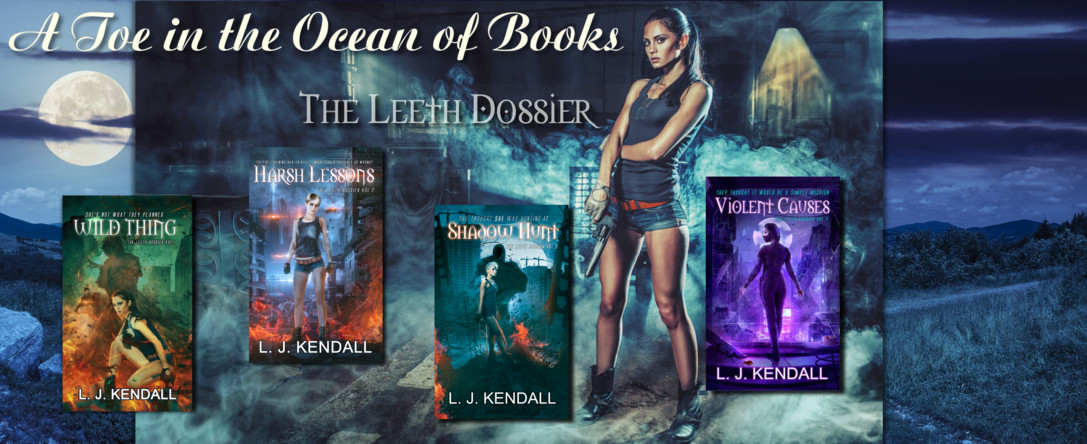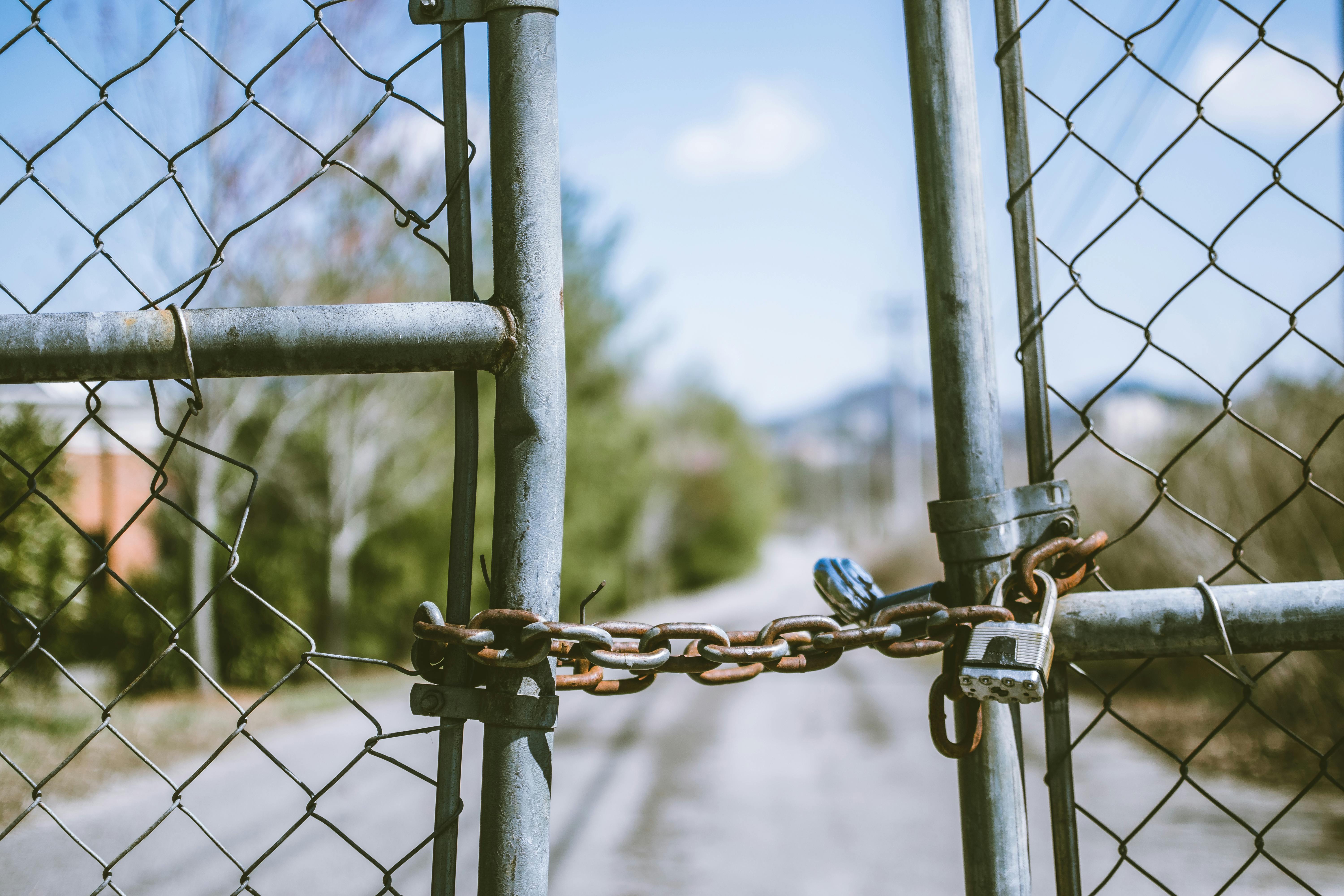I don't think I've written a social blog post before, here, but I read
the article Why
the Anglo World is Collapsing by Umair Haque today (Thursday,
2019/4/4) and felt it was important and valuable, but also not quite
on the mark in every respect. So I wrote this response. (This is a slightly expanded version of a comment I left on Umair's article.) I encourage people to read the original article.
I share Umair's deep concerns, but I think assigning the cause to the
‘Anglo idea of superiority’ is off the mark. As others have commented on the article,
the US and Britain are not the only countries facing very similar
problems, and I’d note that Australia, which is another ‘Anglo
country’, though more multi-cultural, is not in such dire straits.
The imminent Federal election here will likely determine whether we
follow the US down its current path, or stay true to our own ideals
of mateship and a fair go for all.
I read a fascinating essay by the biologist Stephen Jay Gould,
titled “Kropotkin
was no Crackpot”, in which he noted that for many people, only
the “Nature red in tooth in claw” message in Darwin’s Theory of
Evolution was absorbed, elevating the concept of competition to stand
alone on the peak. Western societies largely overlooked the part of
the theory that noted that co-operation frequently occurs in nature,
too. The Russians, perhaps having more experience of living things
surviving in harsh conditions, were much more attuned to the idea
that co-operation is often necessary for survival.
Around 2010, I saw a study which compared Japanese, Australian,
and US business cultures, along multiple dimensions. One stand-out
fact was that in the areas of the individual vs the group, and
co-operation vs competition, Japan lay near one end of the spectrum,
the US at the opposite end, and Australia was about halfway between.
I think a reasonable mix of the two is far healthier than valuing one
and disregarding the other.
I have heard it argued that toxic capitalism is the cause of the
problem (not Superiority), and that capitalism only emerged as a
result of the religious idea of Predestination — that God knew
each individual’s destiny, and what happened in their life was not
something that could be changed. So success and failure was not
something that could be altered by helping (or hurting) another, and
that in turn led to the concept that fair compensation for work done
was unnecessary. That divorced labour from a fair share in the
profits of that labour. The extreme end result of this is the
situation we find ourselves in globally, where a tiny percentage of
the population owns the vast majority of the world’s wealth,
despite the fact that that wealth was created by the efforts of
billions of people over centuries of effort. It can only be
rationally accepted if the wealthy believe, however falsely, in their
innate superiority over others.
Anglo societies also place the rule of law above all, education
for all, and equality. So do many other societies (all other healthy societies, I would argue). That these values are being eroded nowadays is
not due to an Anglo belief in superiority. They’re being eroded by greed; by
powerful elites who have been co-operating among themselves to
“Manufacture
Consent” among the majority (thanks, Noam Chomsky), and to
influence policy and law makers to tilt the playing field in their
favour (read “Winner
Take All Politics” — it’s a heartbreaking eye-opener).
Personally, I think the problem Umair has written about has several
causes, and he has attributed far too much to a single one of
those.
I also think that Bernie Sanders and Alexandria Ocasio-Cortez are
right in saying that courage can fix this, in our lifetimes (within ten years?) — though
it will need “Moon Shot” levels of courage,
determination, and effort. I also agree 100% with Umair (and AOC!) that the
zero sum thinking is a big part of the problem. How anyone can believe
that zero sum conditions apply to social systems, or the world’s wealth, boggles my
mind. Billions of people around the world are building and creating
and inventing and helping one another. Humanity is fantastically
wealthier than it was a thousand years ago, a hundred years ago,
twenty years ago. It sometimes seems not so, because the 1% have
taken so much of that for themselves. So, new thinking, like the New
Green Deal, or Kate Raworth’s economic Donut
Theory, Modern
Monetary Theory, is needed to solve the problem.
At heart it’s so simple, too. Co-operation and respect is all that’s
needed: for each other, and for this precious planet. Do Unto Others As You Would Have Them Do Unto You. Basic
goodness. How can that message still not have sunk in, after two
thousand years? It’s because of the power of stories.
If you’re in one lifeboat, where everyone is paddling in their
own direction, where are you going to be compared to a second
lifeboat where everyone has agreed to paddle in the same direction?
Another thing, too: one of humanity’s greatest strengths—the
desire to socialise and belong to a group—is also our biggest
weakness, when we exclude others because they’re not enough like us
to be included in our group. And stories are the basis of the group
identity, determining who is inside, and who is outside and alien.
The Pen really is mightier than the Sword. The stories we tell
ourselves control our fate: and if we believe lies that destroy our
societies rather than truths that lift us all collectively, then we
have only ourselves to blame. (I remember an advanced driver training
course instructor saying: “If you’re ever sliding, out of
control, and see a tree ahead, don’t look at it. Look at the gap
you need to get through. If you look at the tree, that’s where
you’ll end up.”)
So, the stories we tell ourselves, and the fact that a powerful
few have been actively co-operating to push down the majority to
better themselves. In my experience, 5% of people are bad. They will
take what they can without respect for others, and we let them creep
into power and poison our institutions at our own risk. That’s why
the US founding fathers said “The price of Democracy is eternal
vigilance.” Because there really are some bad people out there, and
some of them are smart, and charismatic. If we don’t oppose them
when we find them, they institutionalise their mindset and corrupt
all those around them.
It’s time for the sleeping
giant of the vast majority to wake up and step onto the playing
field.



